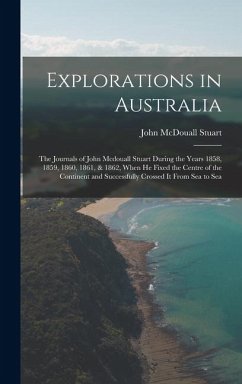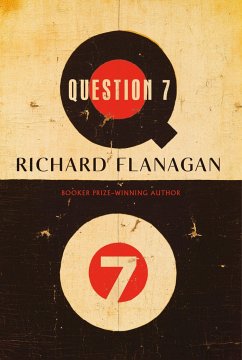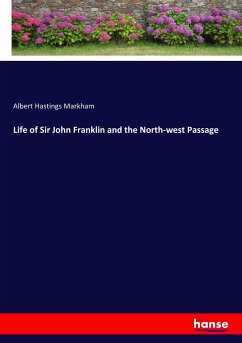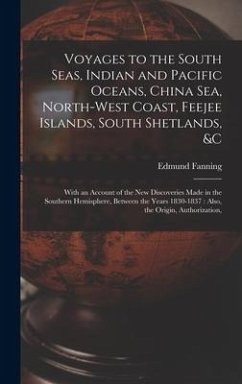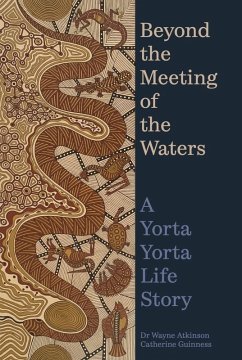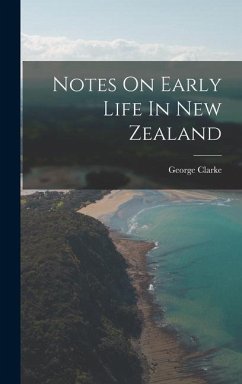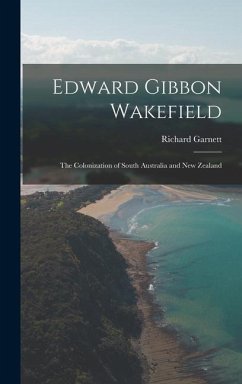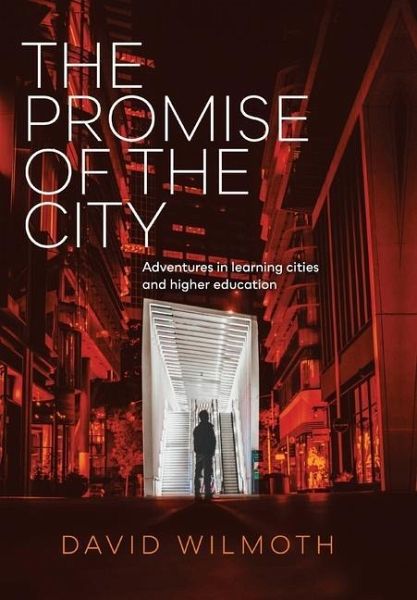
The Promise of the City
Adventures in learning cities and higher education

PAYBACK Punkte
17 °P sammeln!
... We had become radicalised during the rise of urban policy in Labor's opposition program, and now we were working for them in government ... As a technocrat in the Whitlam government, David Wilmoth was never an average urban planner. Australia was in desperate need of structural reform to lift opportunities for the disadvantaged. In David's view, urban strategy had to encompass infrastructure and economic development in a way that reflected the aspirations of the Australian people, not just lay out land uses. This was the only way to create basic change and reduce inequality. An 'anti-plann...
... We had become radicalised during the rise of urban policy in Labor's opposition program, and now we were working for them in government ... As a technocrat in the Whitlam government, David Wilmoth was never an average urban planner. Australia was in desperate need of structural reform to lift opportunities for the disadvantaged. In David's view, urban strategy had to encompass infrastructure and economic development in a way that reflected the aspirations of the Australian people, not just lay out land uses. This was the only way to create basic change and reduce inequality. An 'anti-planner' of the planning profession, David agitated for change. Propelled by his reserved radicalism and an innate streak of defiance, he joined the social protests of the day: anti-war marches, fighting racism in Redfern's housing projects and stirring up professional practice. But then came burnout, the fall of government and the breakdown of relationships. Searching for answers, David crossed the globe to explore his spirituality in Asia, join a New Left group in San Francisco, and complete a PhD at Berkeley, before coming back to metropolitan planning in Sydney. A foray into higher education led to senior leadership roles at RMIT overseeing massive mergers and a financial crisis. But it was in spearheading educational ventures the world over he found the work he most enjoyed: combining education with urban strategy to form powerful learning cities. It wasn't an easy journey, but David always had a plan.





